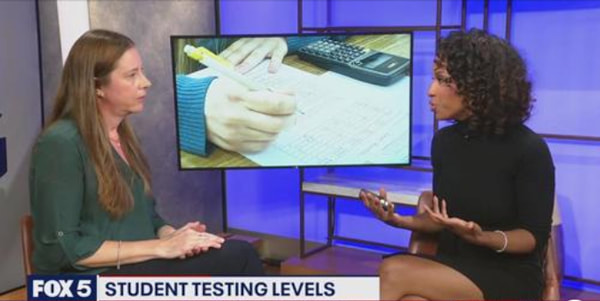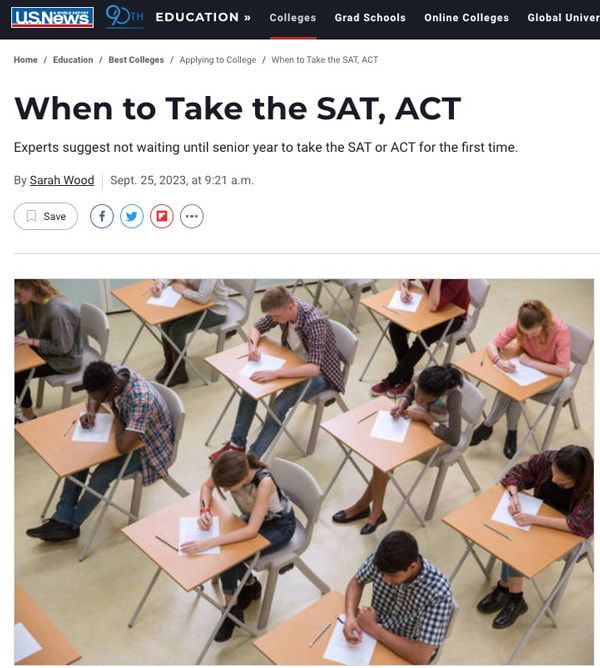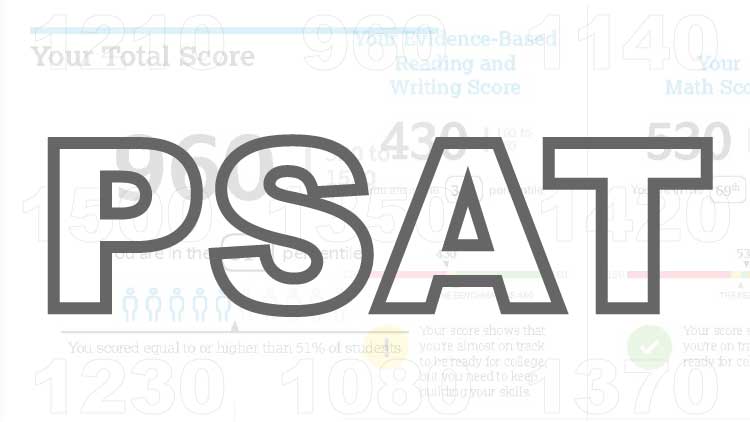|
Since 2020, the percentage of high school seniors submitting admissions test scores from the ACT or SAT as part of their college applications has dropped to just under 50% in 2023 as most schools adopted “test-optional” policies.
While test optional policies have empowered students to control more of their own destiny, they have also created a confusing landscape where families struggle to understand what “test optional” really means within the context of each school. While some schools embraced the new position, many just used the label and continued to prioritize applicants with scores, but few were transparent about their exact position or what they really wanted.
0 Comments
ACT recently reported that the average U.S. score on its college admissions test continued a multi-year decline, and overall, more students are not meeting the minimum benchmarks for success at a four-year college.
Our director Ann Derryberry recently talked with Fox5DC about the drop and ways families can prepare for admissions testing and overall academic success. One of the most common questions we answer from families is when the student should plan to take their first college admissions test, whether it be an SAT or ACT. Recently, our director Ann Derryberry spoke to U.S. News & World Report on the topic.
In the aftermath of the Covid pandemic, both the ACT and College Board (SAT) were forced to adapt to rapidly changing dynamics like school closures and enhanced safety measures that made offering their paper-based tests more difficult. As a result, both have pushed forward with efforts to offer a digital, computer-based test going forward. The companies are taking different approaches to the rollout and test formats, so students in the Class of 2025 and later need to understand the new offerings, their scheduled rollouts, and how they will affect college admissions testing for this class and future classes. Class of 2024: none of this will affect you.
Juniors who took the PSAT/NMSQT test in October 2022 received their scores back on December 5 or 6. Consider this the starting gun for your test preparation and planning efforts over the next 12 months. Not sure what else the test and its many scores mean?
Despite the prevailing headlines that most schools have gone test optional and college admissions tests are no longer required, the truth is that taking a college admissions test, whether an ACT or SAT, and submitting the results with their applications will probably help most students who are considering applying to a school with any selectivity.
Our recent college admissions information night focused on summer to-dos for rising juniors and seniors.
The Class of 2021 was the first to have their entire college admissions process disrupted by the COVID-19 pandemic. As a result, most colleges implemented test-optional policies so as to not disadvantage students who could not take an SAT or ACT admissions test. Now that their applications have been submitted, reviewed, and decided on, the results of this new approach are available to review.
So, the question we are getting more than any other right now is if a student should go test-optional this year? Since March, the college admissions test process has become a string of hits and misses for students, test providers of the ACT and SAT, and colleges trying to inject equity into a chaotic admissions process. Many seniors were ultimately unable to test or decided that the effort was not worth it. With senior testing now complete, test capacity should open up for juniors who have been unable to test so far. With that in mind, those juniors planning to test in the first half of 2021 should prepare now to ensure their test plan succeeds.
The college admissions test companies continue to struggle with providing access to testing across the country. With many members of the Class of 2021 still lacking scores and the Class of 2022 gearing up to test this fall, the pressure is on for testing to be widely and safely available.
The companies are responding to the crisis with mixed results so far, but both are promising to deliver more testing capacity this fall and winter. |
AuthorAnn Derryberry Archives
March 2024
Categories
All
|
Telephone |
© 2024 Everest Tutors & Test Prep | All Rights Reserved











 RSS Feed
RSS Feed